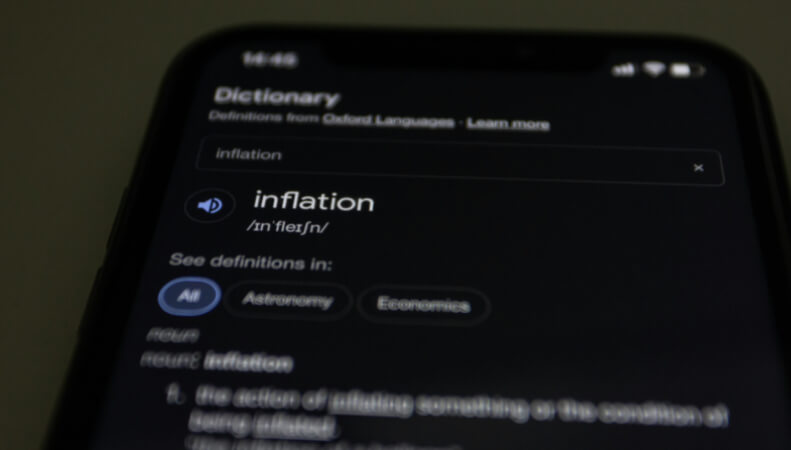By using our website, you agree to the use of cookies as described in our Cookie Policy
Blog
Selling Short Selling Short
The Gamestop short squeeze has prompted discussion of short selling, in which an investor who believes a stock is overvalued borrows shares of that stock, sells them, and then later buys the stock’s shares back, hopefully at a lower price, to return to their original owner. Philosophically speaking, it is discomfiting to put yourself in a position to profit at the expense of a company’s failures, at least in certain situations (we doubt that bettors are having many qualms about wagering that Kansas City would lose the Super Bowl). Nonetheless, short selling is an accepted part of our financial system—but the Game Stop short squeeze raises the question as to the purpose and impact of short selling.
Economist Noah Smith has an excellent summary of the theory and evidence behind short selling at his substack at https://noahpinion.substack.com/p/what-do-short-sellers-really-do. In theory, short selling helps markets behave more efficiently by correcting overvaluations and limiting the growth of bubbles. If enthusiasts for a certain brick-and-mortar video game retailer push the price up beyond its fundamental worth, short sellers can step in and sell borrowed shares, thereby helping to deflate the bubble before it gets larger. This doesn’t always work—in the Gamestop case, GME stock rose high enough that hedge funds chose to exit the short sale by purchasing and returning GME shares, thereby accelerating growth of the GME stock price. But in general, short selling has the potential to help keep valuations in line with fundamentals.
In practice, however, short selling has fallen somewhat…short of its theoretical potential. Studies Smith cites have found that country bans on short selling don’t result in a price rise in stocks, so perhaps short selling wasn’t necessary to keep prices in line in the first place. The effects of a short selling ban were to slow the response of stock prices to news and other shocks, but not to alter the final prices at which they settled.
In the wake of the Game Stop bubble, we wouldn’t be surprised to see short selling come under additional regulatory scrutiny. Some practices, such as naked shorting (short-selling shares that you do not own and have not borrowed), probably deserve closer examination. But per Smith’s evidence, traditional short selling doesn’t appear to have a profound effect on markets—it just seems to help get prices to where they were going anyway, but a little more quickly.
JMS Capital Group Wealth Services LLC
417 Thorn Street, Suite 300 | Sewickley, PA | 15143 | 412‐415‐1177 | jmscapitalgroup.com
An SEC‐registered investment advisor.
This material is not intended as an offer or solicitation for the purchase or sale of any financial instrument or investment strategy. This material has been prepared for informational purposes only, and is not intended to be or interpreted as a recommendation. Any forecasts contained herein are for illustrative purposes only and are not to be relied upon as advice.
‹ Back








